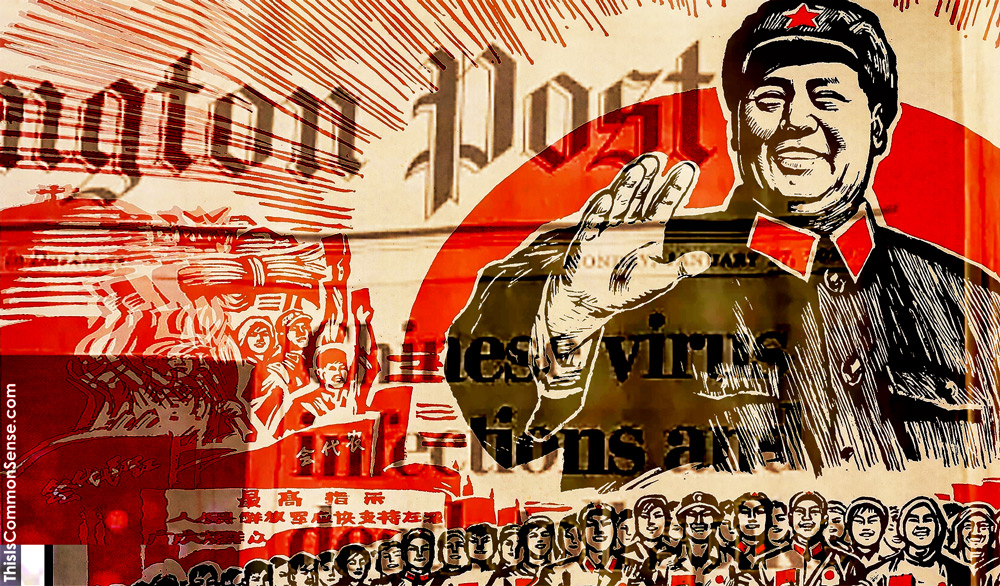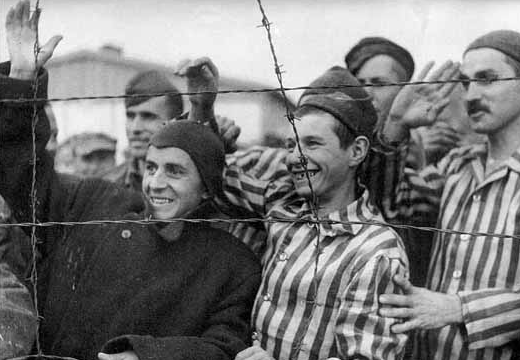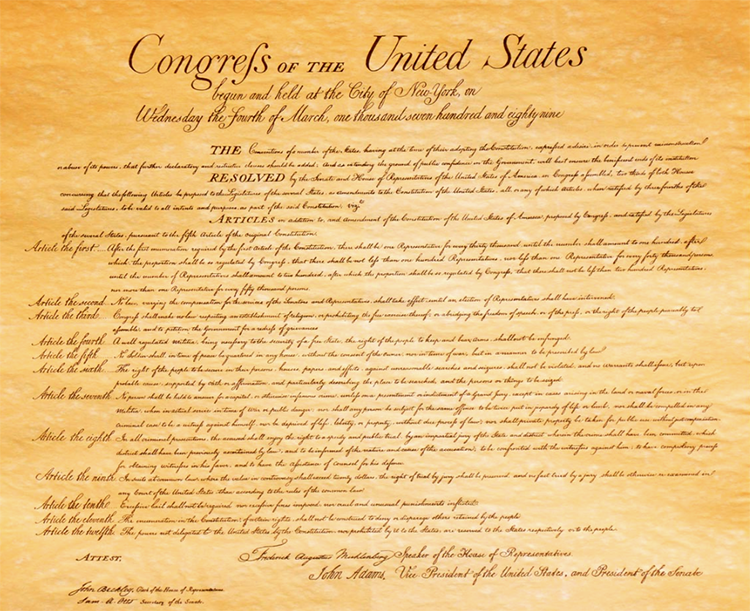Last Saturday’s Washington Post editorial blasted both President Donald Trump and his presumptive Democratic challenger Joe Biden for a “sleazy stratagem” — namely, “accusing the other of being a stooge for Communist China.”
At issue are dueling advertisements from each campaign and a pair of SuperPACs.
The Trump ad features Fox Business’s Stuart Varney declaring that “Biden’s son inked a billion-dollar deal with a subsidiary of the Bank of China,” followed by Biden telling an audience that the Butchers of Beijing “aren’t bad folks, folks.”
“For 40 years, Joe Biden has been wrong about China,” warns the America First Actiom PAC spot. “I believed in 1979 and I believe now,” offers Biden, “that a rising China is a positive development.”
Biden’s campaign responded with an ad charging that “Trump rolled over for the Chinese” — uttering their praises “as the coronavirus spread across the world.”
“Trump trusted China,” claims an American Bridge PAC spot, noting that “everyone knew they lied about the virus.”
While acknowledging “that China’s government contributed to the global spread of the coronavirus by covering up initial reports” and “has tried to use the pandemic to advance its authoritarian political model globally at the expense of democracy,” The Post nonetheless bemoaned the “irresponsible” “rhetoric” that “could complicate cooperation with China.”
What the Post’s editors did not make clear — while explaining that China should be “pushed for greater transparency” and “its propaganda … rejected” — was the inconvenient fact that the paper has for a decade published reams of Chinese government propaganda.
For an undisclosed sum, likely in the millions, as I wrote last week.
So let the campaign heat up. Americans are far less interested in cooperating with totalitarian China than is our nation’s compromised newspaper of record.
This is Common Sense. I’m Paul Jacob.

—
See all recent commentary
(simplified and organized)




